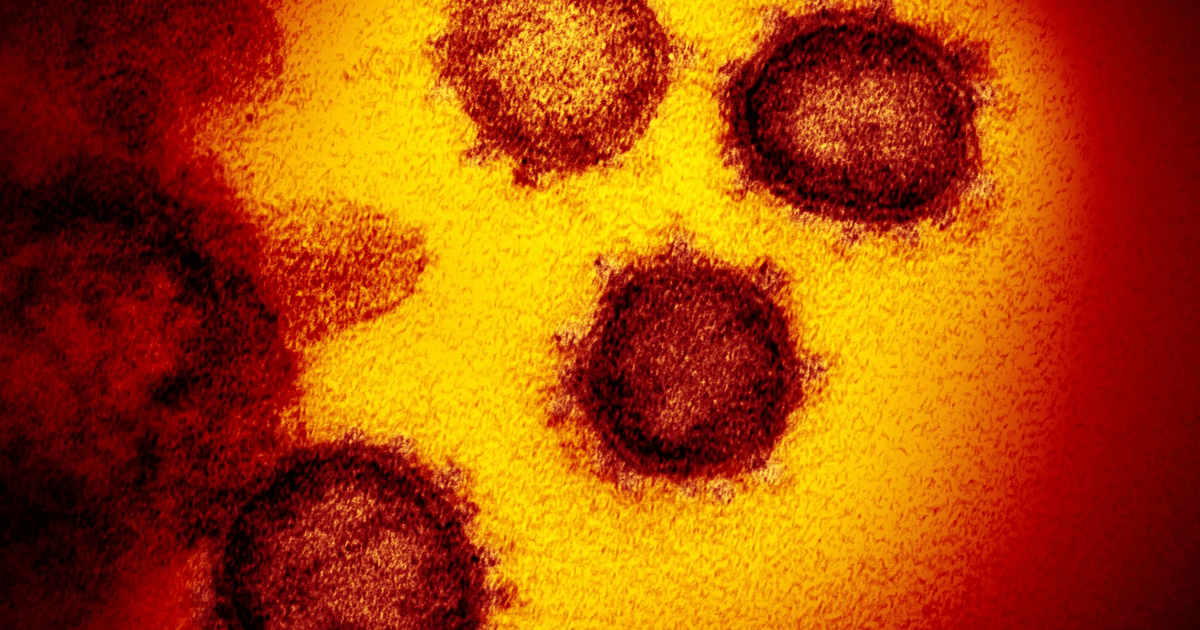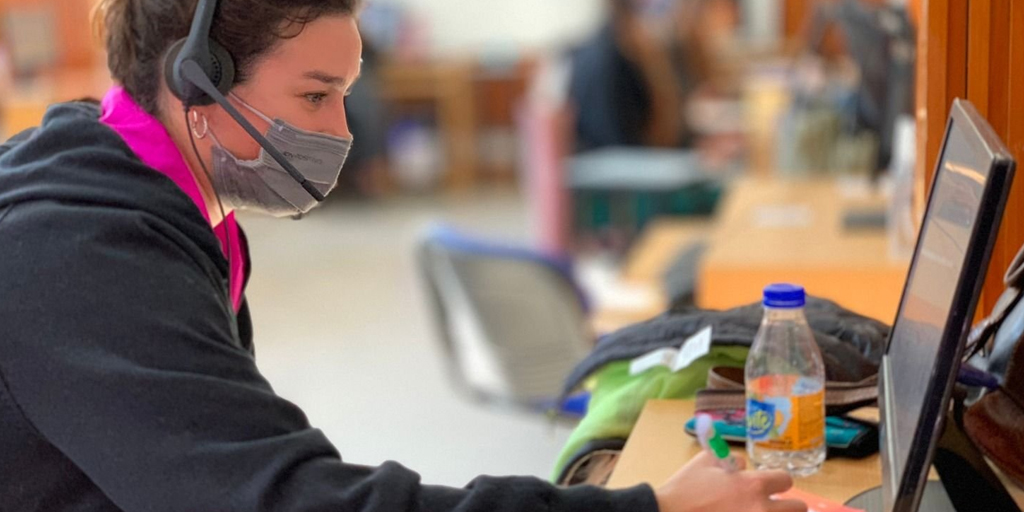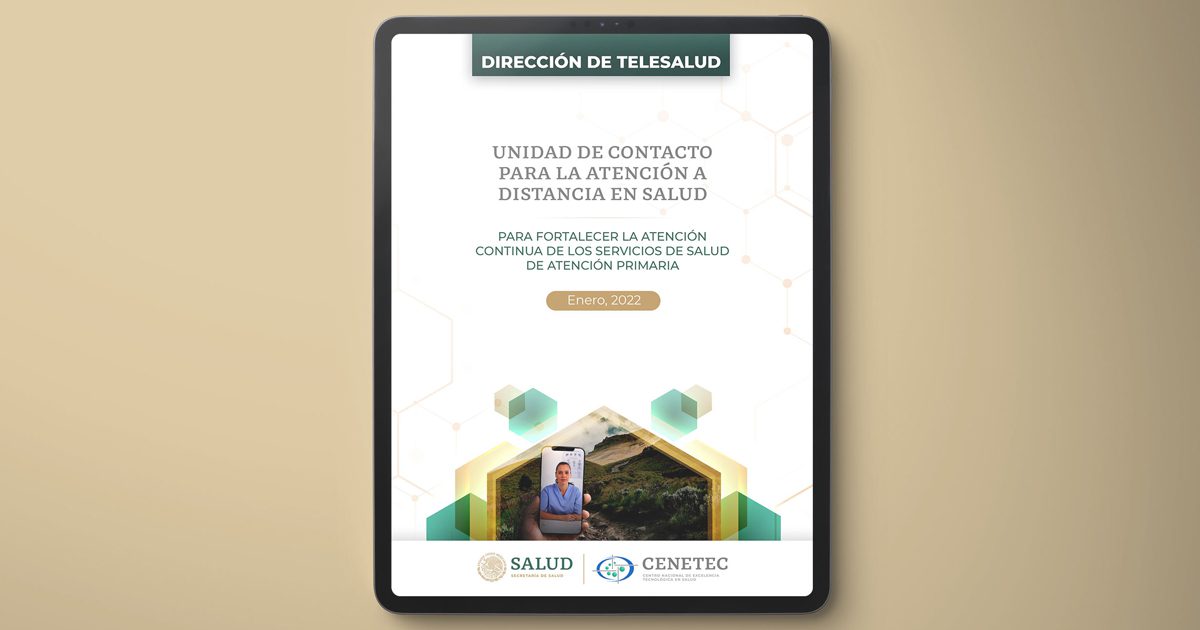Through a machine learning-trained algorithm, one study identified that there are six types of symptom groups in COVID-19 patients, each with different levels of complication.
The data presented for this study were collected thanks to the COVID Symptom Study app that was made available to the people in the United Kingdom and the United States for free, in which users recorded their symptoms. The study revealed that there are six different "types" of COVID-19 that distinguish themselves from each other by having a specific group of symptoms.
To determine this result, 1.600 users from the United Kingdom and the United States with a positive diagnosis of COVID-19 were analyzed, these users used the app between March and April to regularly update their symptoms. This algorithm was tested in a second data pool of a thousand users in the United Kingdom, United States and Sweden (data obtained in May).

Each of the six symptom groups represents different types of severity of the disease or even some groups pose no danger. The six groups of symptoms are classified as follows:
- ‘Flu-like’ with no fever: Headache, loss of smell, muscle pains, cough, sore throat, chest pain, no fever.
- ‘Flu-like’ with fever: Headache, loss of smell, cough, sore throat, hoarseness, fever, loss of appetite.
- Gastrointestinal: Headache, loss of smell, loss of appetite, diarrhea, sore throat, chest pain, no cough.
- Severe level one, fatigue: Headache, loss of smell, cough, fever, hoarseness, chest pain, fatigue.
- Severe level two, confusion: Headache, loss of smell, loss of appetite, cough, fever, hoarseness, sore throat, chest pain, fatigue, confusion, muscle pain.
- Severe level three, abdominal and respiratory: Headache, loss of smell, loss of appetite, cough, fever, hoarseness, sore throat, chest pain, fatigue, confusion, muscle pain, shortness of breath, diarrhea, abdominal pain.
As you can see headache and loss of smell are the symptoms that most often have in the different groups, these being two of the main symptoms of the disease. However, the study also found that symptoms that are not related to COVID-19 such as confusion, chest pain and shortness of breath are among the groups of symptoms in which the disease is most severe.
“As you can see headache and loss of smell are the symptoms that most often have in the different groups, these being two of the main symptoms of the disease. However, the study also found that symptoms that are not related to COVID-19 such as confusion, chest pain and shortness of breath are among the groups of symptoms in which the disease is most severe”, explained Dr. Claire Steves from King's College London.
This discovery represents benefits for the clinical treatment of this disease, helping health professionals predict which patients are at higher risk and require hospital care or as mentioned by Dr. Steves to prevent hospitalizations and subsequent complications.






